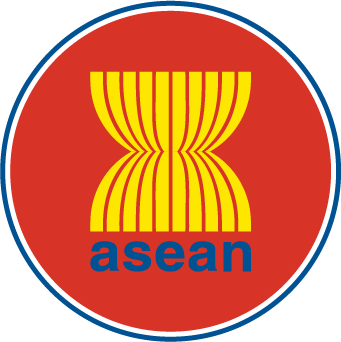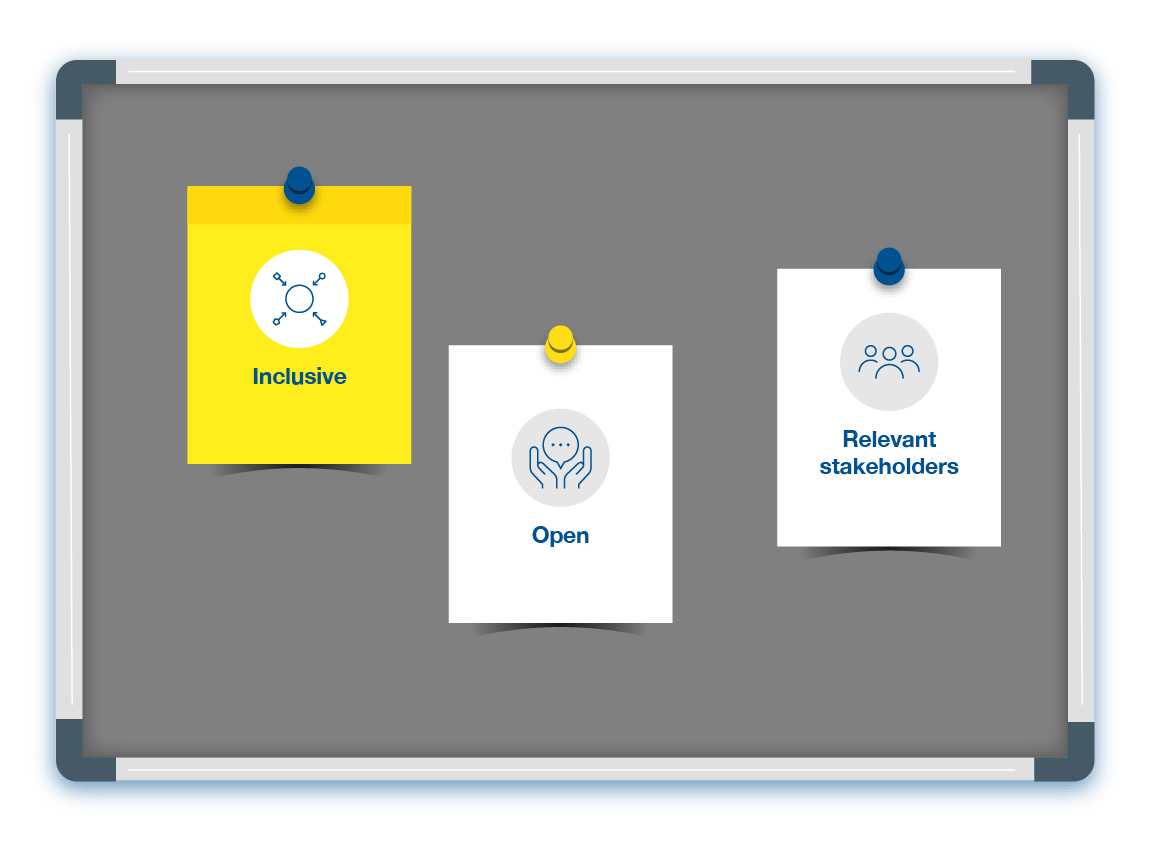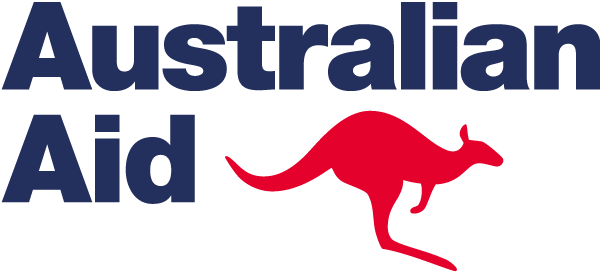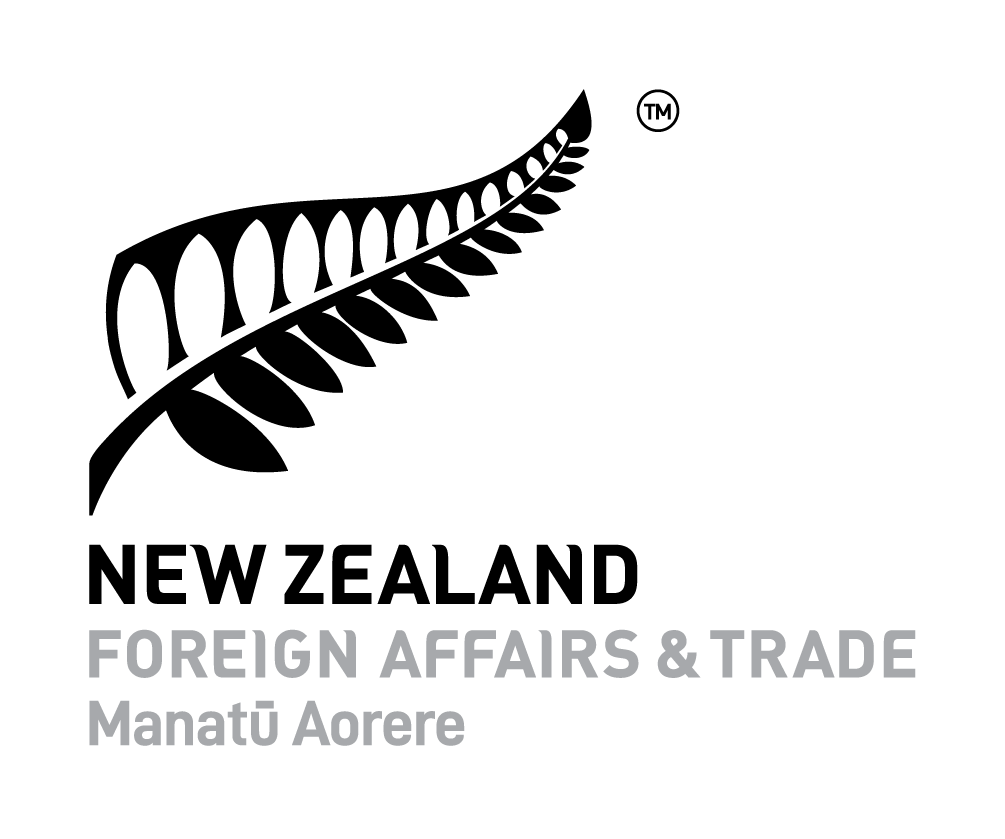
for the Implementation of International Standards
related to Sanitary and Phytosanitary (SPS) Measures



ECONOMIC COOPERATION SUPPORT PROGRAMME (AECSP)
Disclaimer
This e-learning module has been developed for the teaching purposes and material contained in it is of general nature.
It is not intended to be relied upon as legal advice and the concepts and comments may not be applicable in all circumtances.



ECONOMIC COOPERATION SUPPORT PROGRAMME (AECSP)
Codex Contact Point (CCP)
The CCP is the communication interface between the Codex Member country and the Codex Secretariat. This person/team is responsible for coordinating Codex activities at national level and linking Codex with relevant stakeholders.
The functions of the CCP are explained in detail in Enhancing participation in Codex activities, section 3. You will find this document under the Resources link at the top of this page.
Some countries also have a National Codex Committee (NCC) to support the CCP.
National Codex Committee (NCC)
The role of the NCC is to develop a national position towards Codex suggestion and/or policies. For that, the NCC needs to consult relevant stakeholders, keeping balance between the technical, social, and policy representation.
Guidance about how to develop a national position can be found in Enhancing participation in Codex activities, section 3. You will find this document under the Resources link at the top of this page.
An example of guidelines for a NCC have been developed by WHO/FAO. You can also find it under the Resources tab.







Guidance for effective participation
The Codex Alimentarius Commission published Guidance to support Member governments in useful and an appropriate participation in Codex activities.
The document can be found under Resources.
Publicly available content
Codex aim to integrate food safety between the global society and the Codex Alimentarius Committee (CAC).
All Codex work is public available in its website
Codex e-Learning
An e-Learning course about “Enhancing participation in Codex activities” is available here.
The target audience includes NCPs, government officials, and stakeholders such as consumer groups and the food industry.
Domestic food safety
Building on food safety standards on national products.
See this video of the Kava crop in the Republic of Vanuatu for example.
Reaching new customers
Better access to international markets.
See this video about the case of India and its expansion in the trade market of shrimps.
Question
Please, select True/False answers for the following statements in relation to the stakeholders.
Consumer organisations can bring information about national attitudes in relation to food safety control measures to the discussions with the NCC.
Relevant national stakeholders have a key role in developing a national position but they are not included in the final decision.
Food industry can not push the development of new food safety standards for national food products.



ECONOMIC COOPERATION SUPPORT PROGRAMME (AECSP)














